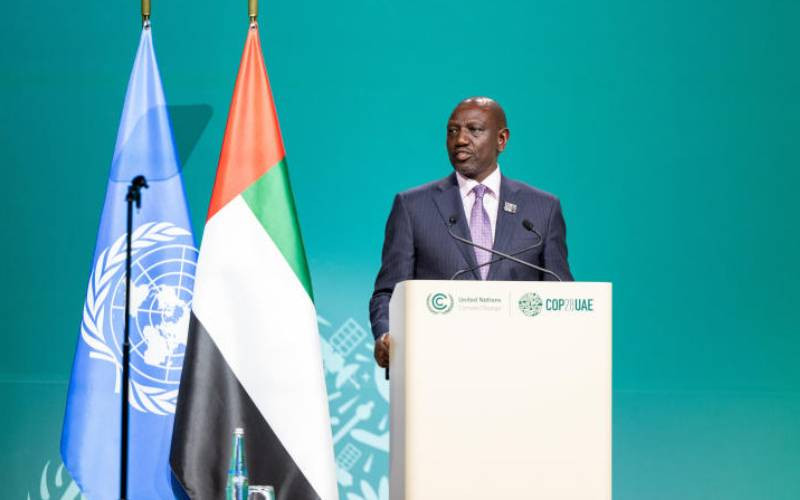×
The Standard e-Paper
Join Thousands Daily

The first week of the UN Climate Change Conference (COP28) exposed a gap between the promises made during the Nairobi Climate Summit and the current discourse.
Ahead of the global climate talks, it was expected that Africa's approach would take precedence.